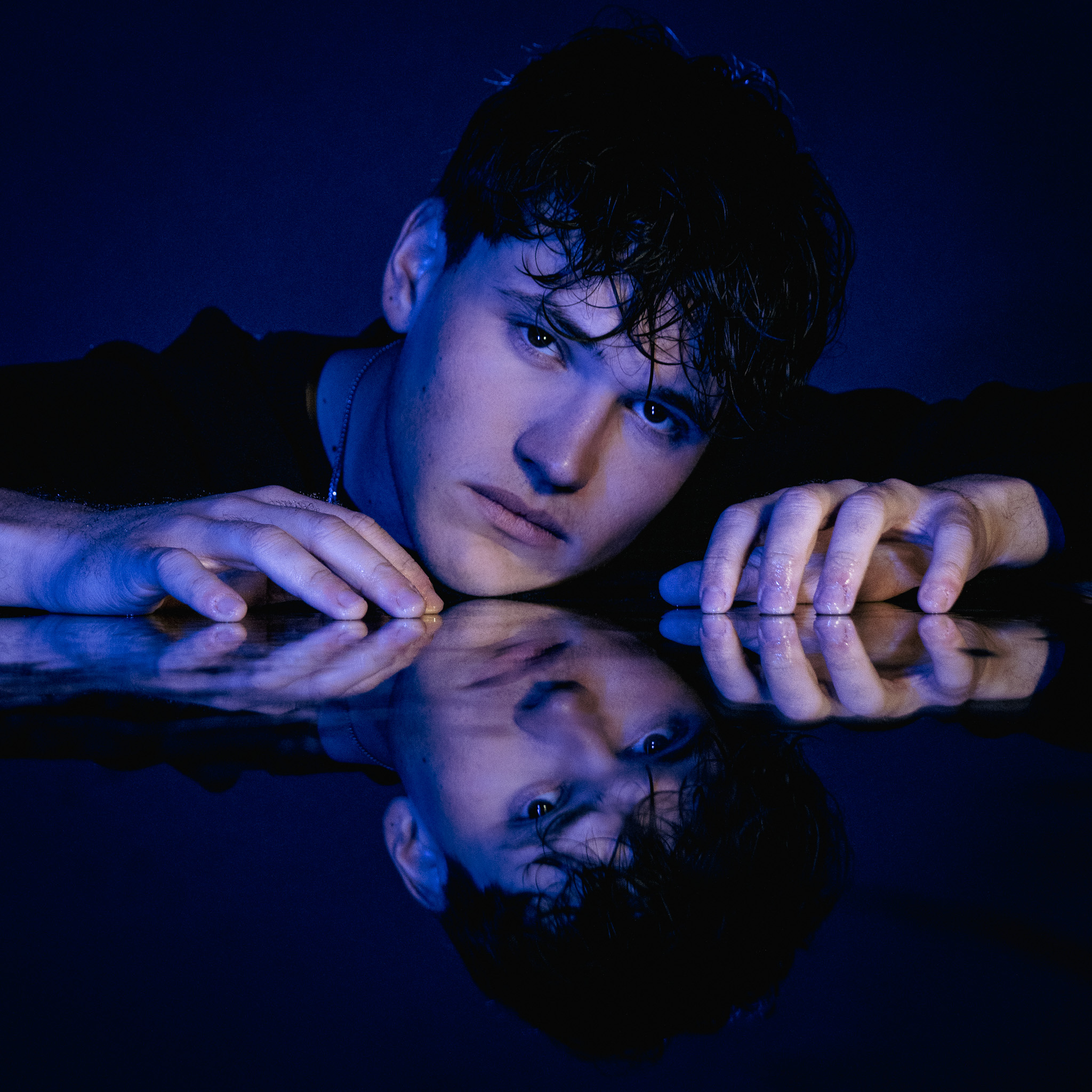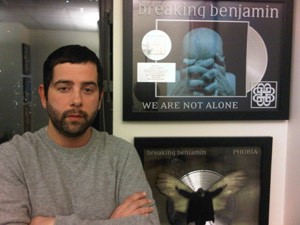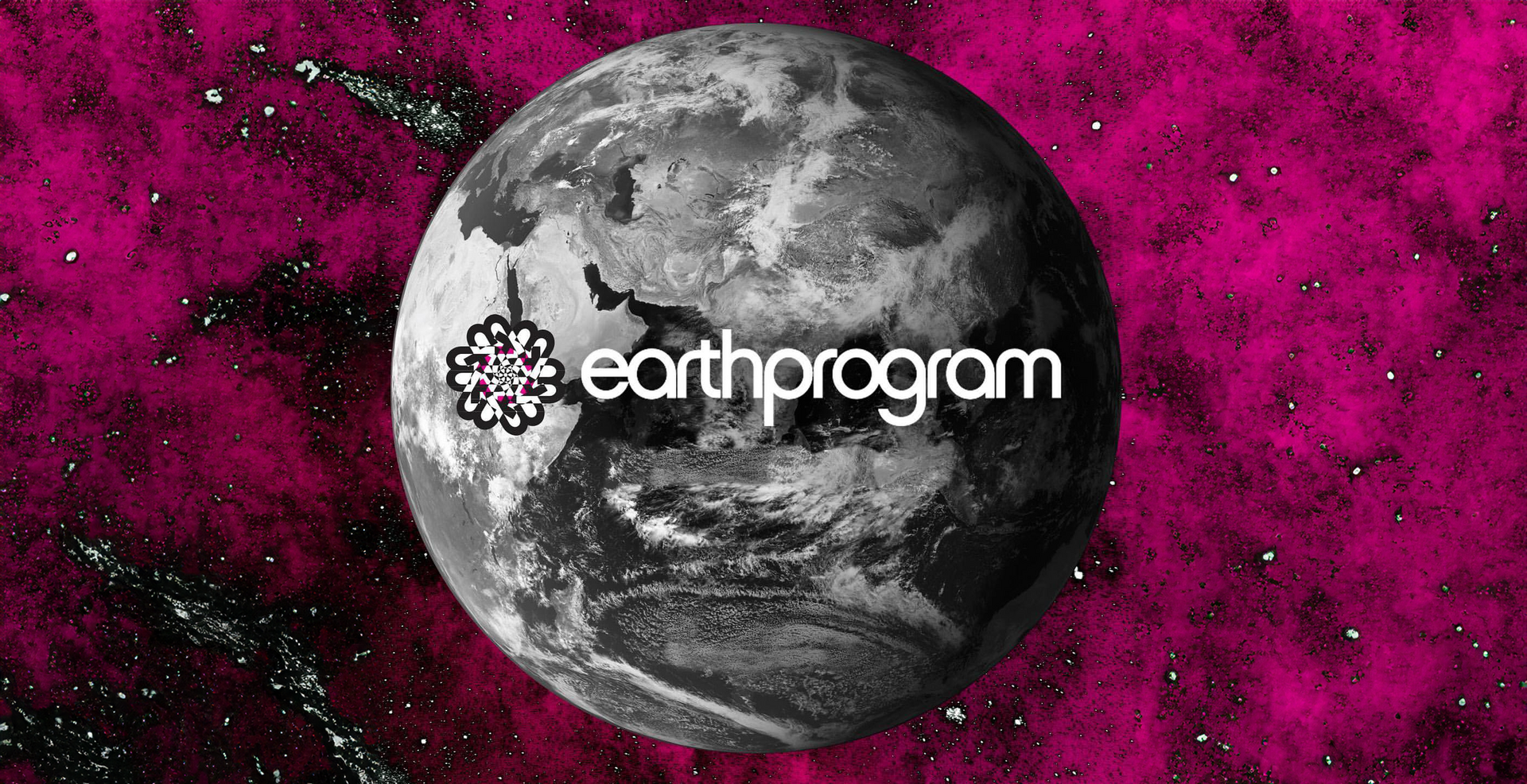earthprogram's Jason Jordan - Pt. II
In our first conversation with earthprogram's Jason Jordan, the music industry veteran offered a glimpse into the evolution of record deals. He shared his experiences from the early '90s when A&R executives relied on instinct and passion to discover talent in clubs around the world. "In those days, I'd walk into a club and go, 'Oh, my God, the drum was incredible. The singer's insanely talented. The lyrics are amazing. The guitar player is a star!'" Jordan reminisced. "I would often sign them just based on these touchstones."
Streaming Takes Over
Fast forward to the mid-2000s, and the landscape had dramatically shifted. Streaming platforms like Spotify have become the dominant force, reshaping the industry in profound ways. Data-driven decision-making replaced gut instinct, and the pursuit of pre-existing success overshadowed the nurturing of raw talent. "This is all major labels now. They are looking at streams, not necessarily the talent," Jordan explains.
Not only has streaming changed how labels scout talent, but Jordan says it has also decimated artist development. Streaming platforms now provide labels with a wealth of data on listener preferences, eliminating the need for them to invest in developing artists' potential. "We had artist development departments until 2010. That's when I think it became less important. They don't do any artist development now. This is true for all labels."

Collateral Damage Cover Art, Rob Eberle - earthprogram Artist
It's Harder Than Ever to Stand Out
Jordan argues that this shift has led to a paradox: there is more music than ever before, but most artists have less financial security. While streaming has democratized music distribution, allowing artists to easily reach a global audience, it has also created a crowded marketplace where standing out is incredibly difficult.
"There are 120,000 new songs coming out on Spotify every day," Jordan said. It's overwhelming. And there are hundreds of thousands, if not millions, of songs on Spotify that have zero plays. It just adds to the noise." With that many new songs uploaded daily, the odds of getting your music in front of the right people are increasingly slim.
Streaming's Effect on Earnings
According to Jordan, this hypercompetitive environment has also put downward pressure on artist earnings. "The deals aren't really that fair, and they never have been. But, in streaming now, artists, and especially songwriters, are earning so much less than they used to earn. You could actually have a career with a physical product. In those days, you would earn 9 cents on a mechanical royalty. You might earn a buck as a songwriter off 11 songs on a CD being sold. In streaming, it's paltry. Your mechanical royalties mean nothing. Performing rights means nothing."

Jason Jordan - Co-Founder, earthprogram
All Is Not Lost: The Positive Power of Streaming
Despite the financial challenges, Jordan emphasizes that streaming still plays a crucial role in the modern music industry. However, he cautions artists, even established ones, against viewing it as a primary source of income. "Streaming has become more of a promotional vehicle," he says. "If you think about it, some of the biggest artists in the world, like using Drake as an example, what he probably makes in streaming per year is what he makes off a couple of shows."
For most artists, the real money is in live performances, merchandise sales, and sync licensing opportunities. "If you look at it that way," says Jordan, "the promotional aspect of being on the streaming platform is really helping you sell tickets and t-shirts, which you don't necessarily share with the label."
A New Industry Rising From the Ashes
In response to these challenges, companies like Jordan's earthsong, have positioned themselves as "roadmaps to the industry jungle." They offer guidance and support to artists, helping them navigate the complexities of streaming, distribution, marketing, and fan engagement. "We're comforting," Jordan says. "We're a safe place for artists to come and get advice."
earthsong's modern approach takes the industry as it is and roots itself in empowerment and sustainability. They understand that streaming is the new radio but recognize that true success lies in connecting with audiences and creating lasting impact. "We're trying to build real fans, and we're trying to get artists to discover who their fan base is," Jordan explains. "In a sea of so much noise, how can we help cut through? We look at ourselves as this roadmap to the industry jungle and show people the map."

Izzy MacArthur - earthprogram Artist
The More Things Change…
Though streaming has turned the music industry upside down, the keys to success remain surprisingly the same. Jordan's advice for artists is clear: focus on creating great music, building a loyal fan base, and exploring diverse revenue streams. "At the end of the day, we can't promote, market, or even distribute stuff that's subpar," he says. "Recordings have to be amazing. Execution still matters. Making great records still matters. Even if you're doing it in your bedroom on Pro Tools and a laptop, just remember that being creative is important, but it's also a way to make money. People do live off of this. And at the end of the day, that's what most working musicians are looking to do."


 Collateral Damage Cover Art, Rob Eberle - earthprogram Artist
Collateral Damage Cover Art, Rob Eberle - earthprogram Artist
 Izzy MacArthur - earthprogram Artist
Izzy MacArthur - earthprogram Artist